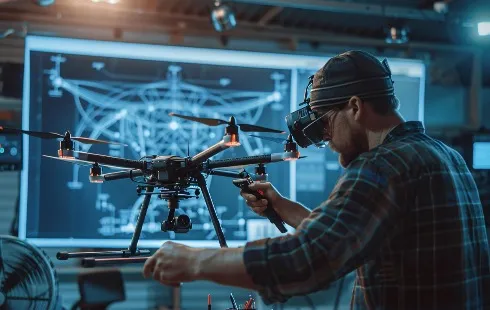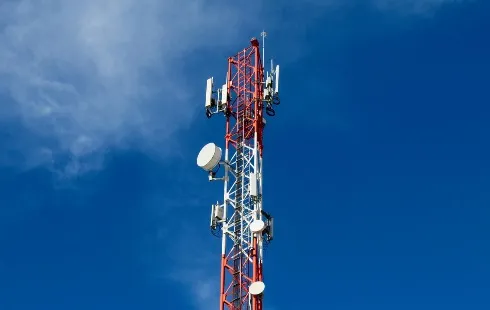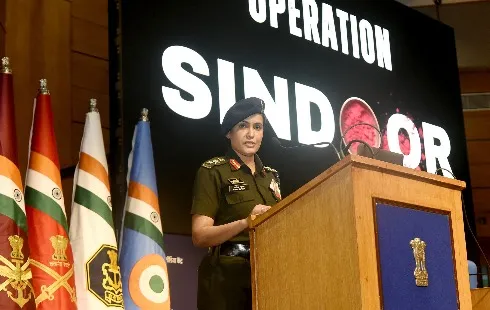
Gonadorelin Peptide: A Gateway to Understanding Endocrine Dynamics
Section: Science
The Tokyu Corporation, a key player in Japan's extensive public transportation system, is considering a return to credit card payments for its services, reflecting a growing trend in urban transport payment solutions.
In cities like Tokyo, where public transport is diverse and highly developed, passengers often face a confusing array of payment options. The popular Suica card, introduced nearly 25 years ago by JR East, has long been the dominant payment method, supported by a range of technologies including NFC (Near Field Communication) and mobile wallet applications. However, Tokyu Corporation proposes a simplified approach, inspired by Western practices, that would allow passengers to use contactless credit cards or smartphones equipped with NFC technology for fare payments.
During a recent visit to Tokyu Corporation in Shibuya, it was revealed that the company operates eight lines in the Tokyo area and is heavily involved in urban development. This unique positioning allows Tokyu to consider broader solutions beyond mere transportation, as explained by management. They aim to align their payment systems with global standards, particularly the Tap-to-Go model that has gained traction in cities like London and New York.
Under this new model, passengers would simply tap their existing NFC-enabled credit card or smartphone at entry and exit gates, streamlining the payment process. While Suica remains a popular choice, there's an evident demand among local commuters and tourists for a unified payment system that reduces the number of cards and applications required for travel.
Currently, the fare gates in Tokyo are quite complex, accommodating various payment systems, including Suica, paper tickets, and QR code tickets. The introduction of Tap-to-Go technology could further complicate this landscape, but Tokyu is committed to maintaining multiple payment options to cater to different user preferences.
There is also an opportunity for Tokyu to leverage its own credit card, which includes a loyalty program, to facilitate train travel, similar to JR East's offerings. The corporation aims to attract tourists who may not possess local IC cards and enhance their travel experience in the Kanto region.
Other rail companies in Tokyo are also exploring the Tap-to-Go initiative. A trial involving 36 stations has already commenced, indicating a shift towards modernizing fare collection systems throughout the region. Competitors such as Tokyo Metro and Keio are showing interest in implementing similar systems, acknowledging the benefits for international visitors.
While Japan pioneered electronic fare systems with Suica, the adaptation of Tap-to-Go shows a willingness to evolve. Observations from successful implementations in cities abroad have informed local strategies, demonstrating a commitment to enhancing user convenience across all transport systems.
The current fare gate setup has become somewhat chaotic due to the variety of payment options available, leading to larger, more complex machines. While this variety provides consumers with choices, it also signifies the need for a more cohesive approach moving forward. The Tokyu Corporation is also developing its own applications, which can further complicate the fare collection landscape.
Ultimately, the future of public transport payments in Japan may lean towards eliminating fare gates altogether, with JR East's ambitious plans to utilize GPS technology to facilitate fare calculations. This vision aligns with a broader goal of transforming Suica into a universal payment method, expanding its usability beyond transport.

Section: Science

Section: Health

Section: Arts

Section: Health

Section: Science

Section: News

Section: News

Section: Health Insurance

Section: Health

Section: News
Health Insurance in Germany is compulsory and sometimes complicated, not to mention expensive. As an expat, you are required to navigate this landscape within weeks of arriving, so check our FAQ on PKV. For our guide on resources and access to agents who can give you a competitive quote, try our PKV Cost comparison tool.
Germany is famous for its medical expertise and extensive number of hospitals and clinics. See this comprehensive directory of hospitals and clinics across the country, complete with links to their websites, addresses, contact info, and specializations/services.
The granddaughter of Claire Zachanassian makes a return to Güllen, the impoverished hometown of her late grandmother, for a performance. Having never fully engaged with her grandmother's past, she is eager to finally discover Güllen. The sound of her last name stirs the entire town into action.



No comments yet. Be the first to comment!